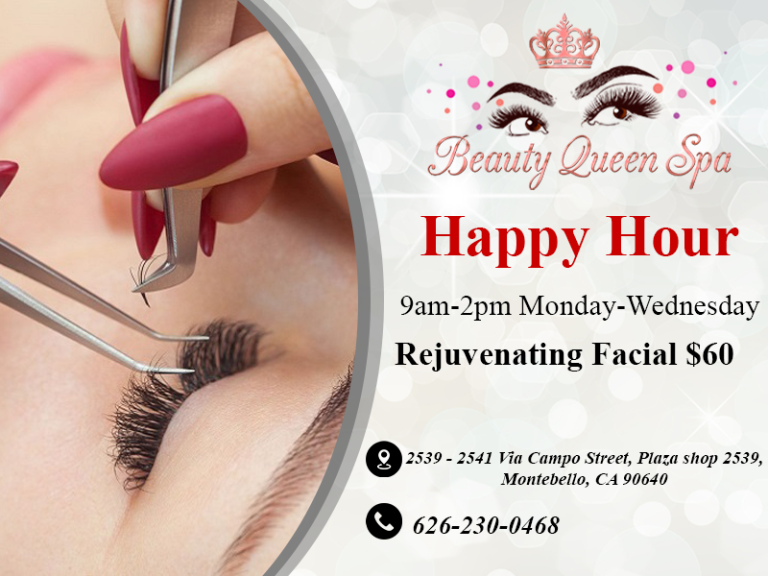Dark spots, also known as hyperpigmentation, are a common skin concern caused by factors such as sun exposure, aging, hormonal changes, and acne scarring. Addressing these spots requires targeted treatments that promote an even skin tone and reduce pigmentation. This article provides an in-depth exploration of the best facial treatments for dark spots, their effectiveness, and considerations for different skin types.

What Causes Dark Spots?
Dark spots develop due to an overproduction of melanin, the pigment responsible for skin color. Common triggers include:
- Sun Exposure: UV rays stimulate melanin production, leading to sunspots or age spots.
- Hormonal Changes: Conditions like melasma often arise during pregnancy or with hormonal contraceptives.
- Post-Inflammatory Hyperpigmentation (PIH): Scars from acne, injuries, or skin irritation can leave dark marks.
- Aging: Natural aging processes may contribute to uneven skin tone.
Popular Facial Treatments for Dark Spots
Below is a detailed breakdown of the most effective treatments:
1. Chemical Peels
Chemical peels use exfoliating solutions like alpha hydroxy acids (AHAs) or beta hydroxy acids (BHAs) to remove the outer layer of skin, revealing brighter and more even-toned skin beneath.
- Advantages:
- Targets surface-level pigmentation.
- Boosts collagen production for smoother skin.
- Limitations:
- Requires multiple sessions for significant results.
- Not suitable for sensitive or severely damaged skin.
2. Laser Therapy
Laser treatments, such as fractional laser or intense pulsed light (IPL), use concentrated light to break down melanin deposits.
- Advantages:
- Precision-targeted treatment with minimal damage to surrounding tissue.
- Effective for deeper pigmentation.
- Limitations:
- Higher cost compared to other methods.
- Potential for temporary redness or swelling.
3. Microdermabrasion
This non-invasive procedure involves exfoliating the skin using fine crystals or a diamond-tipped device.
- Advantages:
- Stimulates skin renewal.
- Suitable for mild to moderate dark spots.
- Limitations:
- Results may be subtle and require multiple sessions.
4. Topical Treatments
Dermatologists often recommend creams or serums containing active ingredients to fade dark spots:
- Hydroquinone: A skin-lightening agent that reduces melanin production.
- Vitamin C: An antioxidant that brightens skin and minimizes pigmentation.
- Retinoids: Promote cell turnover to fade discoloration.
- Niacinamide: Reduces inflammation and pigmentation.
5. Microneedling
Microneedling involves creating tiny punctures in the skin to stimulate collagen production and improve the appearance of dark spots.
- Advantages:
- Enhances skin texture and tone.
- Can be combined with serums for better absorption.
- Limitations:
- May cause temporary irritation.
- Requires professional application for safety and efficacy.

Complementary Practices to Enhance Results
To maximize the benefits of facial treatments, incorporate these skincare habits:
- Daily Sunscreen Use: Protects against UV-induced pigmentation.
- Regular Exfoliation: Promotes skin renewal and enhances treatment effects.
- Hydration and Moisturization: Keeps skin healthy and supports healing.
- Healthy Lifestyle Choices: Balanced diet, adequate hydration, and stress management improve skin health.
Data-Rich Comparison Table of Treatments
| Treatment | Best For | Downtime | Cost Range (per session) | Effectiveness |
| Chemical Peels | Surface pigmentation | Minimal | $150 – $300 | High |
| Laser Therapy | Deeper pigmentation | 1-3 days | $300 – $1,500 | Very High |
| Microdermabrasion | Mild pigmentation | None | $75 – $200 | Moderate |
| Topical Treatments | Mild to moderate spots | None | $20 – $100 (product-based) | Variable |
| Microneedling | Acne scars, dark spots | 2-5 days | $200 – $700 | High |
Expert Tips for Selecting the Right Treatment
- Understand Your Skin Type: Consult a dermatologist to identify treatments suited for your skin’s sensitivity and tone.
- Assess Your Budget: Some treatments, like laser therapy, may require significant investment.
- Consider Longevity: Treatments like chemical peels or laser therapy often provide long-lasting results when combined with proper skincare.
- Patch Test: Before starting topical treatments, test a small area to avoid adverse reactions.
Conclusion
Facial treatments for dark spots offer effective solutions for achieving clearer, more even-toned skin. Whether you choose chemical peels, laser therapy, or topical remedies, tailoring your approach to your skin’s needs is essential. Partnering with a qualified dermatologist ensures safe and optimal results. Remember, consistency and proper aftercare are key to maintaining your skin’s health and radiance.



